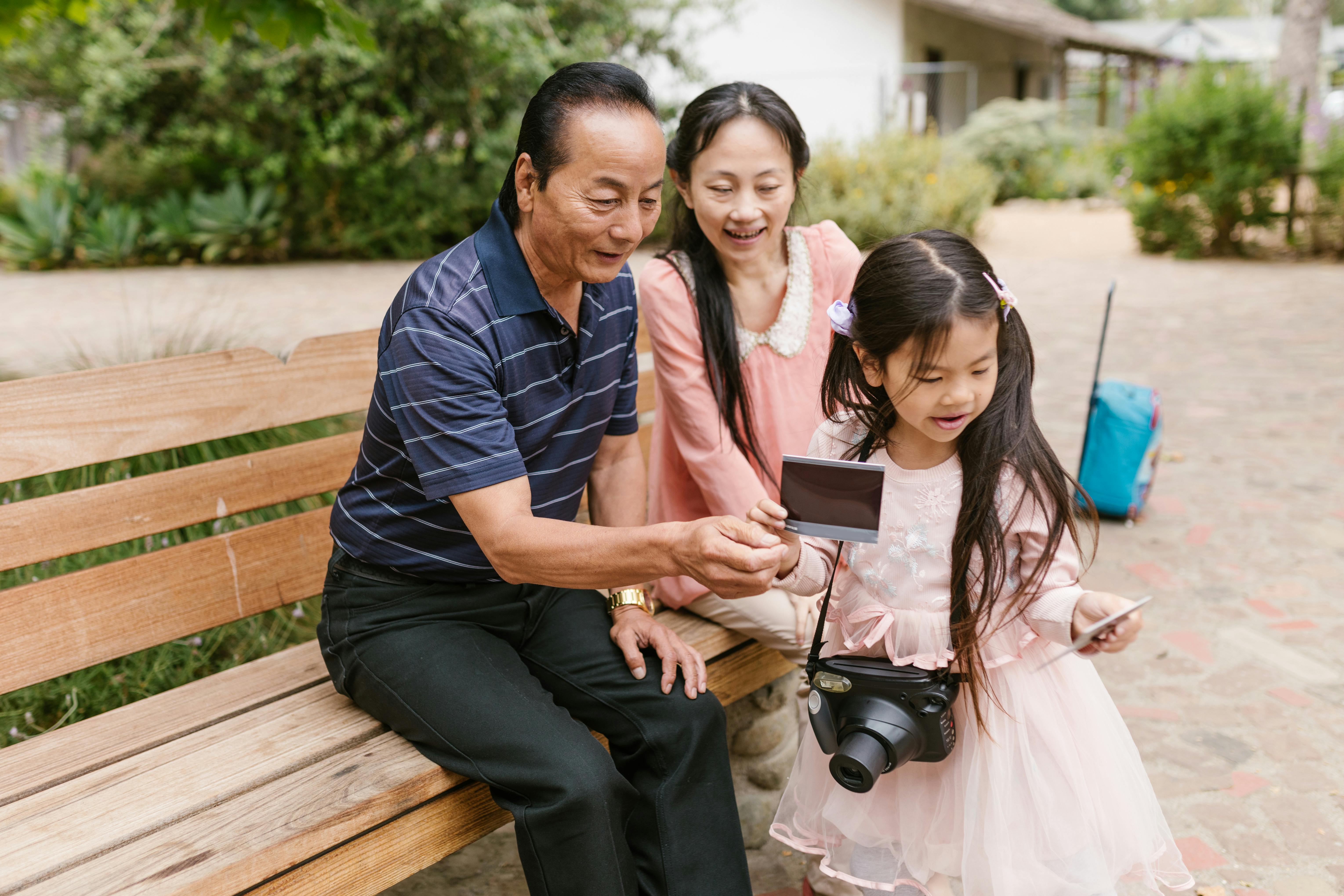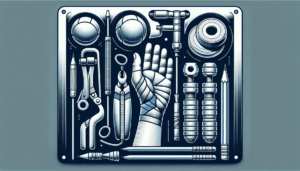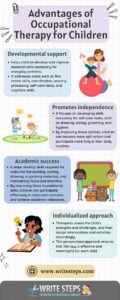Cerebral Palsy, a neurological disorder that affects motor skills and muscle tone, can present unique challenges for individuals and their families. But fear not! There are several ways you can lend a helping hand to those with cerebral palsy. From offering emotional support to providing practical assistance, this article will explore various ways in which you can make a positive difference in the lives of individuals with cerebral palsy. So let’s dive in and discover how you can make a meaningful impact!

Educate Yourself about Cerebral Palsy
When it comes to supporting individuals with Cerebral Palsy, knowledge is power. Take the time to learn about the causes and symptoms of cerebral palsy so that you can better understand the challenges faced by those living with this condition. Cerebral palsy is a neurological disorder that affects movement and coordination, and it is often caused by brain damage before birth, during birth, or in the early years of life. By educating yourself about cerebral palsy, you can gain a deeper understanding of what individuals with this condition go through on a daily basis.
Researching the different types of cerebral palsy is also crucial in providing proper support. Cerebral palsy can manifest in various ways, from mild to severe and from affecting one limb to the entire body. Familiarize yourself with the different types, such as spastic, athetoid, ataxic, and mixed cerebral palsy, in order to understand the specific needs and challenges associated with each type.
Understanding the challenges faced by individuals with cerebral palsy is essential for providing Effective support. Individuals with cerebral palsy may experience difficulties with motor skills, speech and communication, intellectual development, and social interaction. By gaining insight into these challenges, you can better tailor your assistance and ensure that you are offering the support that is truly needed.
Promote Inclusion and Accessibility
One of the most important ways you can support individuals with cerebral palsy is by advocating for inclusive education opportunities. Encourage schools and educational institutions to provide the necessary accommodations and support services for students with cerebral palsy. Inclusive education allows individuals with cerebral palsy to learn and interact with their peers, fostering a sense of belonging and equality.
Supporting accessibility in public spaces is another crucial aspect of promoting inclusion for individuals with cerebral palsy. Advocate for ramps, elevators, and accessible parking spaces in public buildings and areas. By ensuring that these spaces are accessible to individuals with mobility impairments, you are enabling them to participate fully in society and enjoy the same opportunities as others.
In addition to education and public spaces, workplace inclusivity is also vital. Encourage employers to provide reasonable accommodations for individuals with cerebral palsy, such as assistive technology, modified workstations, and flexible work arrangements. By creating an inclusive work environment, individuals with cerebral palsy can thrive professionally and contribute their skills and talents to the workforce.
Provide Emotional Support
Emotional support is crucial when it comes to helping individuals with cerebral palsy navigate the challenges they face on a daily basis. Be patient and understanding, recognizing that their experiences may be different from your own. Show empathy by actively listening to their thoughts, concerns, and feelings. By providing a safe space for them to express their emotions, you can help alleviate any stress or frustration they may be experiencing.
Offering encouragement and positive reinforcement can make a significant difference in their journey. Celebrate their achievements, no matter how small they may seem, and provide reassurance when they face setbacks. Encouragement can fuel their self-confidence and motivation, empowering them to keep pushing forward despite any obstacles they encounter.
Assist with Daily Activities
Many individuals with cerebral palsy may require assistance with daily activities. Offer your help with personal care tasks such as bathing, grooming, and dressing. Respect their autonomy and ask for their preferences and needs in order to provide assistance that is tailored to their individual circumstances.
Assist with mobility and transportation, as individuals with cerebral palsy may face challenges in getting around. This can include helping them with moving from one place to another, whether it be within their home or out in the community. Consider offering rides or assisting with finding accessible transportation options to ensure they can participate in social activities and appointments.
meal preparation and feeding may also require support for some individuals with cerebral palsy. Offer to assist with meal planning, cooking, and feeding as needed. Consider their dietary restrictions and preferences, and adjust accordingly to ensure they receive proper nutrition in a way that is manageable for them.

Encourage Physical Therapy and Exercise
Physical therapy plays a significant role in improving mobility and overall well-being for individuals with cerebral palsy. Promote regular attendance to therapy sessions by offering transportation or accompanying them to appointments. Rehabilitation exercises can help alleviate muscle stiffness and improve flexibility and strength, enabling individuals with cerebral palsy to enhance their independence and quality of life.
Participating in physical activities together can be both enjoyable and beneficial for individuals with cerebral palsy. Engage in activities that cater to their abilities, such as walking, swimming, or adapted sports. Physical exercise not only contributes to physical health but also boosts their mental well-being and self-esteem.
Finding adaptive sports or recreational activities is another great way to encourage physical activity and inclusion. Research local organizations or programs that offer adaptive sports specifically designed for individuals with disabilities. These activities provide the opportunity to develop new skills, build friendships, and enhance overall physical fitness.
Facilitate Assistive Technology Usage
Assistive technology can greatly enhance accessibility and independence for individuals with cerebral palsy. Research and recommend appropriate assistive devices based on their specific needs. This can include mobility aids, communication devices, adaptive utensils, or computer software and hardware.
Once assistive technology is obtained, provide training and support on how to efficiently and effectively use these devices. This may involve demonstrating how to operate them, troubleshooting any issues that arise, and offering ongoing guidance as they become more familiar with the technology. Ensuring individuals with cerebral palsy feel comfortable and confident using assistive technology is essential for their success and independence.
Assist in the maintenance and troubleshooting of assistive devices. Regularly check that devices are functioning properly and address any technical issues that may arise. Being available to help with maintenance tasks such as battery replacement, software updates, or repairs can significantly reduce stress and frustration for individuals with cerebral palsy.

Support Communication Needs
Communication is a fundamental aspect of human interaction, and individuals with cerebral palsy may face challenges in expressing themselves verbally. Learn and use alternative communication methods such as sign language, picture communication, or communication boards. This allows individuals with cerebral palsy to effectively communicate their thoughts, needs, and desires.
Encourage speech therapy and sign language training to further enhance communication skills. These therapeutic interventions can help improve speech clarity, articulation, and language comprehension. By supporting individuals’ communication development, you are enabling them to express themselves more confidently and participate more fully in conversations and social interactions.
Provide resources for augmentative and alternative communication (AAC). These can include apps, software, or devices that facilitate communication for those with limited verbal abilities. Explore available options and help individuals with cerebral palsy find the tools that best suit their communication needs and preferences.
Be a Reliable Caregiver
Being a reliable caregiver can make a significant difference in the lives of individuals with cerebral palsy and their families. Offer respite care to give primary caregivers a much-needed break. Taking on caregiving responsibilities for a few hours or days allows primary caregivers to rest and recharge, reducing caregiver burden and stress.
Assisting with medical appointments and treatments is another crucial aspect of being a reliable caregiver. Offer transportation to appointments and accompany individuals with cerebral palsy during their medical visits. Take notes during appointments and help ensure that medical instructions are understood and followed.
Medication management and tracking can be overwhelming for individuals with cerebral palsy. Help organize and keep track of their medications, ensuring that they are taken at the correct times and in the appropriate doses. This support can be invaluable in maintaining their health and well-being.
Advocate for Rights and Accessibility
Supporting disability rights organizations is an effective way to advocate for individuals with cerebral palsy. These organizations work tirelessly to promote equal opportunities, fight discrimination, and improve accessibility for individuals with disabilities. Get involved by volunteering, donating, or participating in advocacy campaigns to help bring about positive change.
Join initiatives for better accessibility in your community. This can involve collaborating with local businesses, organizations, and governmental bodies to address and overcome barriers to accessibility. By advocating for inclusive practices and policies, you can help create a more inclusive and welcoming community for individuals with cerebral palsy.
Raise awareness about the rights of individuals with cerebral palsy by sharing their stories and experiences. Use various platforms such as social media, community presentations, or writing articles to educate others and encourage empathy and understanding. Amplifying their voices and shedding light on their unique challenges can bring about greater compassion and support from society.
Provide Practical Support
Practical support can greatly alleviate the daily challenges faced by individuals with cerebral palsy. Offer assistance with household chores and tasks such as cleaning, laundry, or organizing. These simple acts of help can make a significant difference in their daily lives and enable them to focus on other important aspects.
Help with grocery shopping and errands, as individuals with cerebral palsy may face difficulties with mobility or transportation. Accompany them to the store or offer to pick up groceries on their behalf. This support ensures they have access to essential items and can maintain their independence.
Provide transportation to appointments or social outings. Many individuals with cerebral palsy may require assistance with getting to medical checkups, therapy sessions, or social activities. Offering rides or organizing transportation services ensures that they can fulfill their various commitments and stay engaged with their communities.


